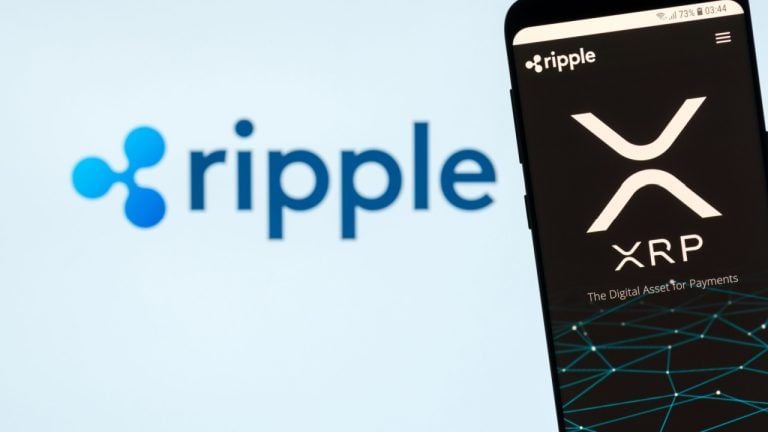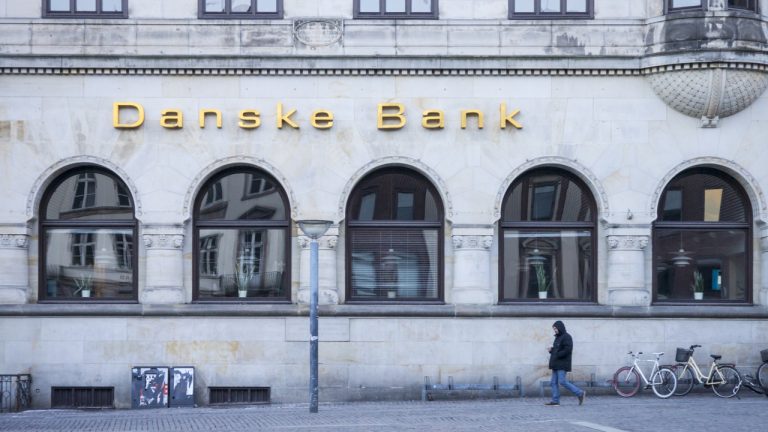
Touted for its ability to allow users to "leverage the digital assets in their day-to-day lives,” the Bakkt Visa debit card is now available for online and in-store purchases.
Intercontinental Exchange subsidiary Bakkt has introduced a debit card allowing customers to use crypto for retail purchases.
In a Tuesday announcement, Bakkt said it had launched a fully virtual Visa debit card for both online and in-store spending. Card holders can spend Bitcoin (BTC) from their Bakkt accounts without waiting to convert the cryptocurrency to fiat.
“Imagine a Bitcoin user who sees a significant gain,” said Bakkt CEO Gavin Michael. “Now, instead of selling and waiting to transfer to a bank, they can simply walk into their favorite store, tap their Bakkt Card and buy that new item they’ve been eyeing [...] the Bakkt Card untethers Bitcoin owners from their online-only past into a world with countless options to leverage the digital assets in their day-to-day lives.”
Sutton Bank, a member of the Federal Deposit Insurance Corporation, is issuing the debit cards in compliance with a license from Visa. Bakkt avoids BTC transaction fees by selling crypto to users at a price higher than that of the current market rate, which it said has been “no more than 1.5% throughout 2021.”
The debit card release follows Bakkt announcing in March that it had launched a digital asset payments application allowing customers to use BTC and other cryptocurrencies for purchases. At the time, the platform was advertised as a way “to amplify consumer spending, reduce payment costs, and bolster merchant loyalty programs."
Related: Cash or Plastic? Countries Where Crypto Debit Cards Are Fair Game
Many exchanges and digital asset marketplaces have launched their own crypto debit cards this year as awareness of the industry grows. BitPay announced in February that it would be offering a crypto Mastercard with support for six tokens, while the Visa card issued by Crypto.com allows users to fund their accountswith more than 100 cryptocurrencies.




